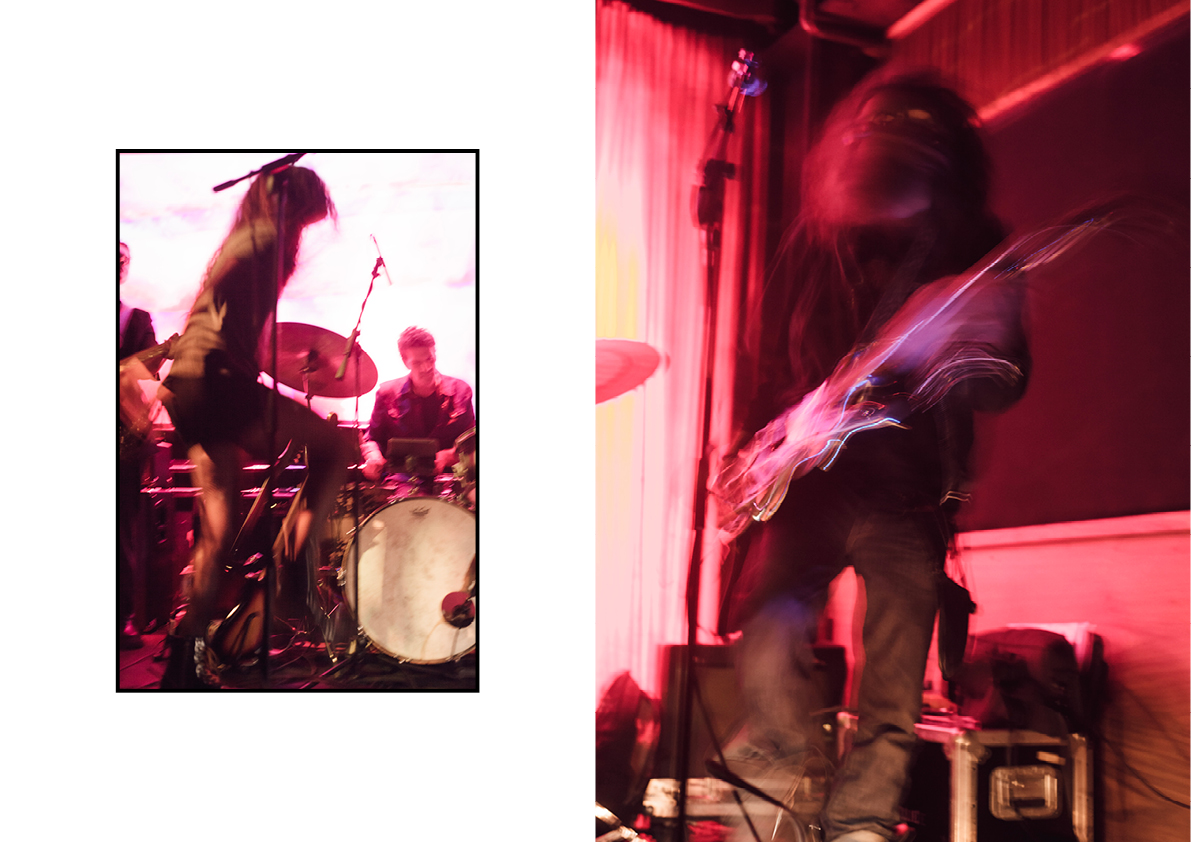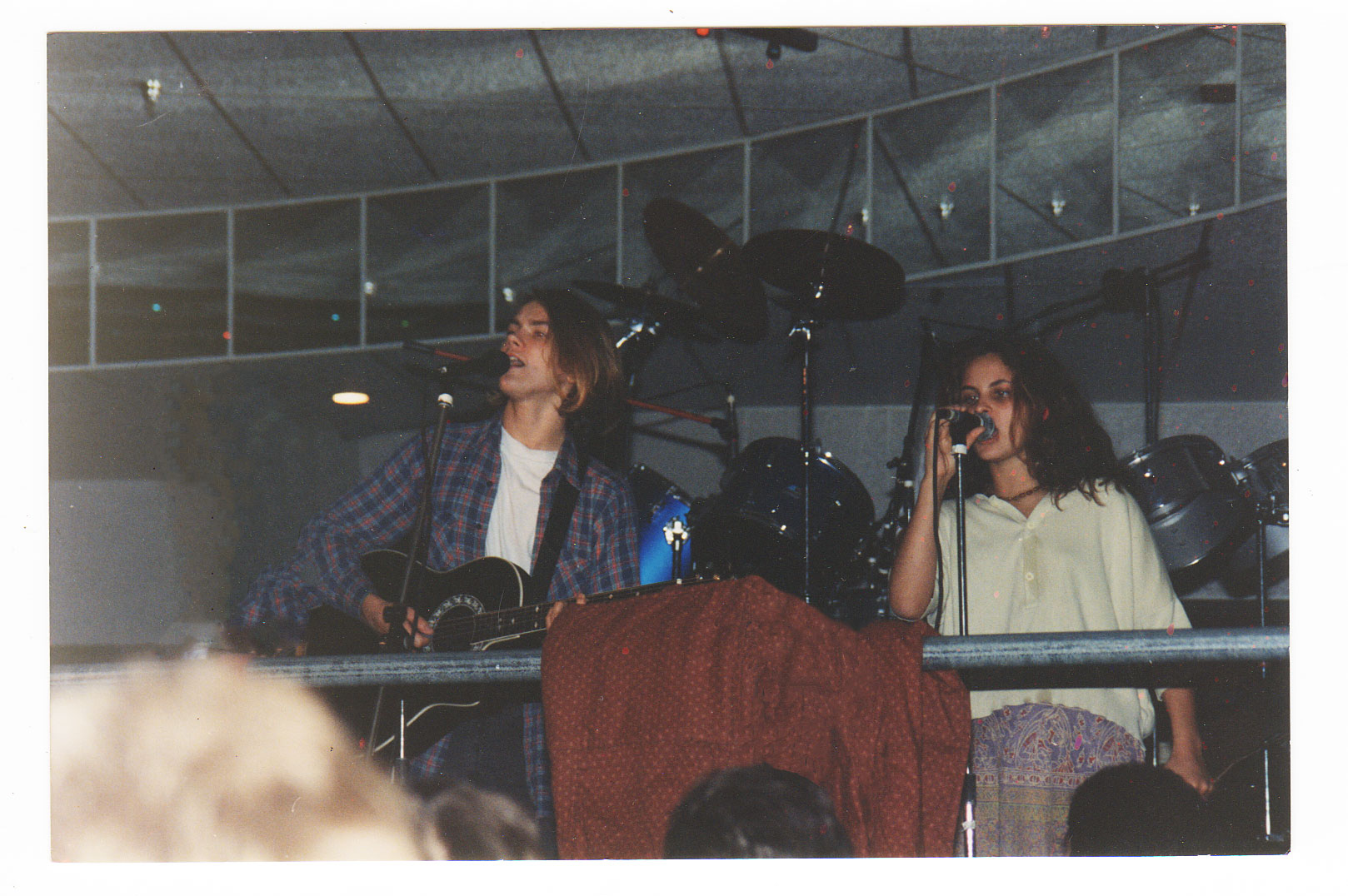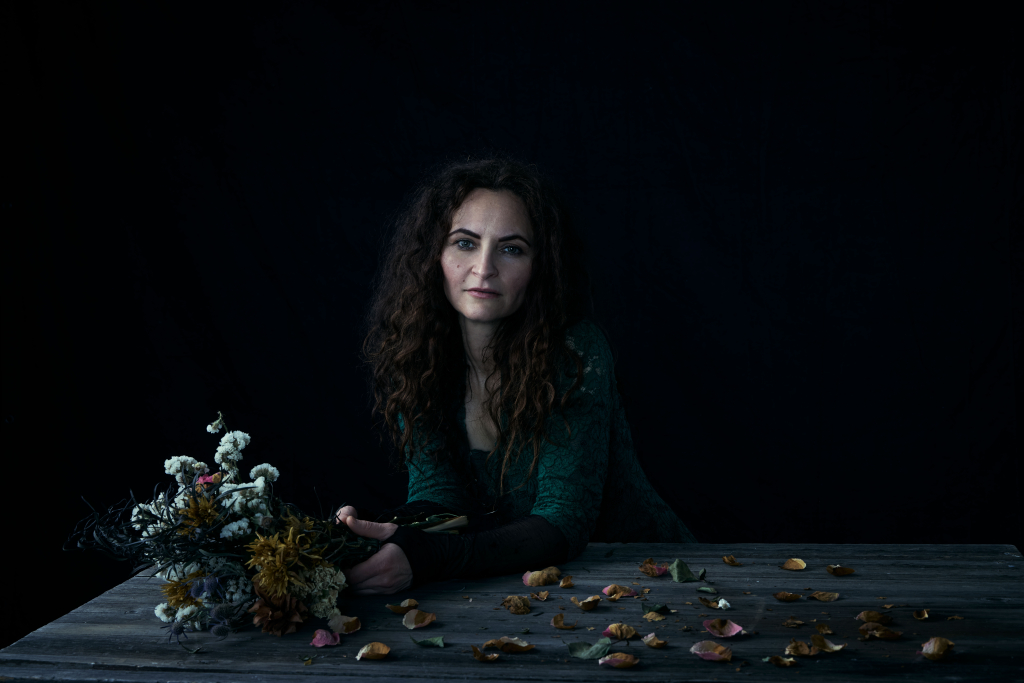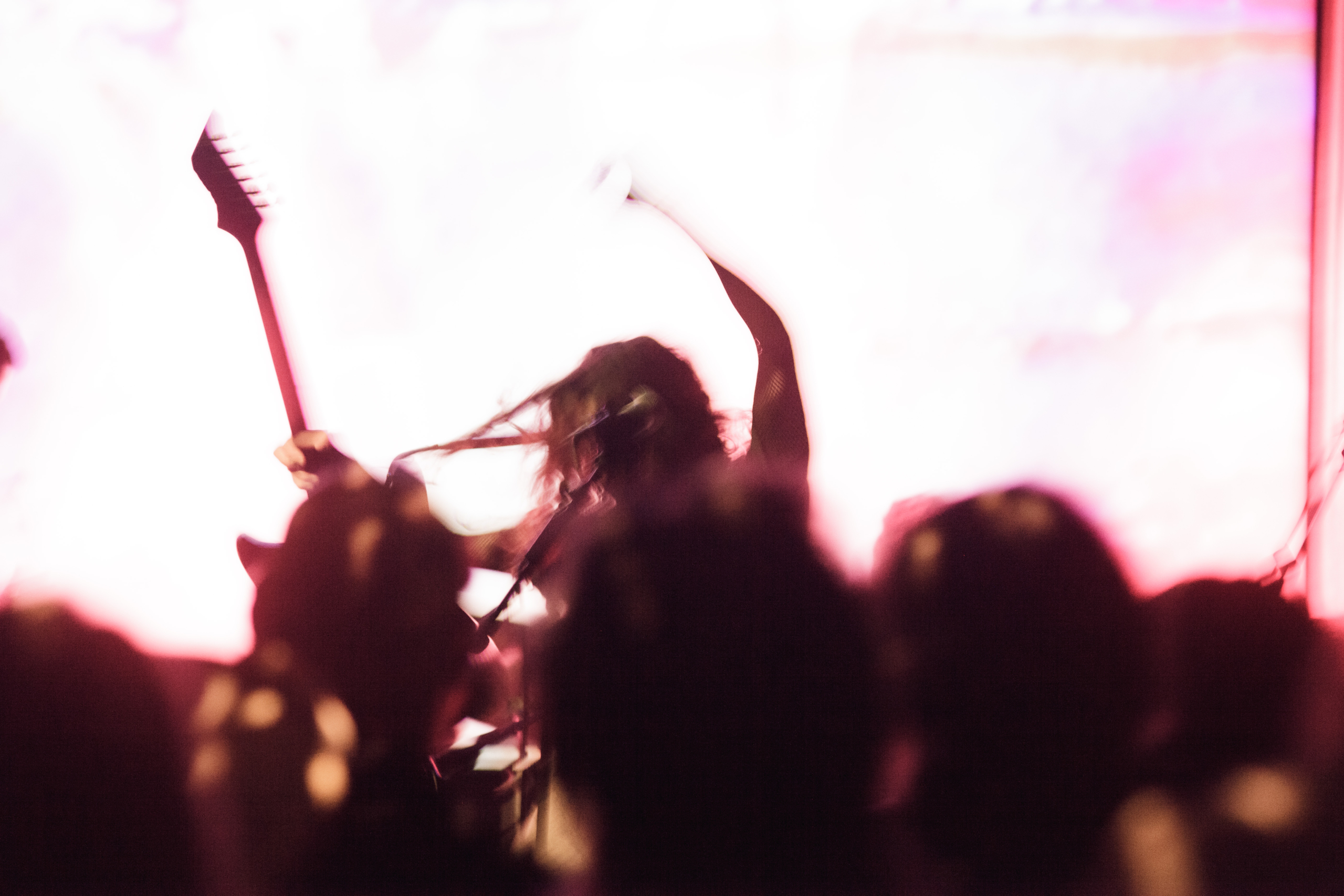RAIN AGAINST THE MACHINE:
Project by
Niccolò Lapo Latini
RAIN PHOENIX, Los Angeles, 26th June, 2024 // At LaunchLeft Podcast Studio // Working on Episode N.152 (SUMMER PHOENIX Launches Riley Polanski)
Rain Phoenix, is a multifaceted and eclectic artist: a musician, actress, and producer now living in Los Angeles, the capital of the global film industry. Rain is the eldest sister of the Phoenix family, the host and founder of the LaunchLeft podcast and record label that aims to encourage artists toward collaboration over competition in the entertainment industry. Emerging artists are discovered and introduced to the LaunchLeft audience by some of the most shining and enigmatic well-known artists in their respective fields. This mechanism is driven by three key principles: integrity, execution, and vision.

LaunchLeft.
Imagine you’re not famous, sitting at dinner with friends of friends: doctors, lawyers, accountants. People who are completely unaware of who you are, your profession, and have no knowledge of the industry you work in. It’s time for introductions. How would you describe Rain?
That’s a tough question! I do a lot of things within the context of art. I’m creative, but creativity is there for everyone. What unites the various disciplines I work in is, in a very intentional way, I try to think of how what I do might bring more joy and kindness to others. Life is hard for everyone. I think for me, it’s important to find ways to bring more happiness through my work. I think the way our society measures success is causing a lot of the pain and suffering in the world. Not everybody can be rich and famous, but if we change our understanding of success, maybe we can all find happiness in the work we find rewarding. Often I think happiness comes from our relationships. Art connects people and I love to connect people! It is a challenge to not to be distracted by the outside world or the dominant paradigm, but it’s a challenge I think worth taking.

Your personal vision of success? Do you believe there are multiple shades of it?
Absolutely, personal success is a combination of three factors. The first, the most rational and raw one, is building a career and enduring over time doing what you love, as long as you continue to receive a paycheck, (en. she smiles) because let’s not forget that we live in a world that requires money to live. Being able to support oneself as an artist today isn’t easy, nor is building a career on your own. Building a career while maintaining your values, not compromising, well I admit it’s a privilege to be able to do so. I am so grateful to be in that position right now, who knows how long it will last, so while experiencing this privilege, I feel it’s important for me to have compassion toward others, inspire different ways of thinking about what success is, and have conversations about it. I think the art of communication and sharing is the most sophisticated form of art. Otherwise, without confrontation, it would be a miserable thing, and a miserable process. Helping others achieve their goals is an achievement in itself, and that’s what LaunchLeft aims to do: offer support without asking for anything in return. It’s a small example of how centering kindness in our society might just work.
What does it mean to be an emerging artist, and how does LaunchLeft relate to this in today’s market?
For me, being an emerging artist means becoming aware of your abilities and choosing your path no matter the adversity. Being conscious that the project you have in mind and want to realize, could fail, having awareness that the journey you’re about to undertake, may inevitably encounter obstacles. So how can we be more willing to fully commit to our vision, be devoted to it, and respect it no matter the outcome? When we are just beginning a career in music, we can’t know if someone will ever come knocking with a contract in hand. We have to do it for the pure love of it. Even if our art is embraced by just one person who says, “I see you” it will be worth it. It’s a great feeling when someone starts appreciating our creations; we feel understood, and we no longer feel alone or defeated. LaunchLeft Podcast brings visibility to the emerging artist by having famed creatives launch them. Which hopefully serves to bolster confidence and give artists a sense of support on their journey.
Artistically and professionally speaking, would you suggest an emerging artist pursue a single path, dedicating their career to achieving greater recognizability in a more identifiable manner or risk diluting their image by pursuing multiple ones? An artist needs to escape and experiment but also has an innate need to be recognizable to themselves and to others. Specialize, define oneself, or expand by experimenting more disciplines without boundaries?
I’m the worst person to suggest sticking to just one thing because I constantly live in my multi-platform artistic chaos! (en. she smiles) I’ve always been involved in possibly too many projects and disciplines to be able to choose one to specialize in… Music definitely has a big piece of my heart, but I love acting, supporting other artists with their careers, and I enjoy producing, whether it’s a show or a charity event. I believe it’s a choice, but even more so, a condition dictated by one’s personal instinct, which must always be followed. Everything is subjective; I know many people who do many things and aren’t successful in any of them, others who do even more than me and are more successful than I am in all of them, and others who have become iconic for just one thing. When I was young, many professionals tried to direct me towards a single direction, and for a period of my life, I also imposed it on myself to try, but naturally, I couldn’t, and I’m happy that way.

Escape Artist Lovers.
The search for identity today is a key topic, especially in the last twenty years when, with the advent of social media, new generations of artists often, not only at the beginning of their careers, are the first promoters and managers of themeselves. The recognizability becomes fundamental towards the consumer audience in order to perform great in the market, and from this, a vicious circle of compromises with the first agents and producers constantly looking for the the magic combination between image and product, often at the expense of the talent’s personality and artistic vision. Instructions that often sound like orders. An uncomfortable and frustrating situation that begins to involve a conflict of interests, emotional and practical, declaring war on that “idealized success” you mentioned earlier.
Yes exactly, because the industry tries to build in any way possible the perfect identity of a character, with specific traits and features, easier for the masses to understand the lowest common denominator. However, this method is not always penalizing, not for everyone at least. There are artists who more than others exploit this mechanism by adapting very well, and the market demands don’t affect them negatively —in fact, it speeds up their media growth process. But if you are a versatile artist and closely attached to your concept of art, you struggle a lot, especially today. I could never do it; I have to constantly look around, explore and challenge myself. But it’s something about me that I’ve understood and accepted over time; everyone has their own place.
Let’s dwell for a moment on the transition from underground to mainstream: how does the purity of art and an artist’s vision change on the path towards achieving popularity and wealth? Is this transition to ascent synonymous with evolution or corruption?
Creatives always secretly desire to reach as many people as possible, the myth of conquering the world—even in the sense of redemption sometimes—of expanding their horizons, especially considering all the work done as emerging artists in the early stages of their career. And I don’t think there’s anything wrong with that. It’s the greedy side of business that can ruin this magic for mere financial profit. Sometimes, on the other hand, it’s the artists themselves who become greedy and arrogant against those who have always supported and helped them. Those who work behind the scenes deserve as much recognition as the people they represent. They work hard, they truly believe in what they do, and put a lot on the line to support and realize the artists’ dreams. Then, of course, in every industry, when money and power—or the illusion of it—take over, they are hard to control, but they can come from both sides: from those in command who operate in the background as well as from the artists themselves. Fortunately, my path has never crossed with these dynamics, fingers crossed! (en. she smiles). I have always been surrounded by art that makes me and hopefully others who enjoy it, feel good. Money and fame have always been only a consequence, certainly not the purpose. I know how lucky that makes me and I want to share it.

Rain Phoenix and River Phoenix Aleka’s Attic.
The concept of quality and good taste in the public should be closely tied to their culture, traditions, customs, and even the geographic position that reflects as natural consequence their historical heritage. But sometimes, that’s not the case. On a recent trip to Reykjavik, I found art galleries, artists’ boutiques, photography stores, artisans workshops or recording studios every few hundred meters. In other cities, however, based also on their economic capacity, you would expect to see—for example, in Rome, excluding national and public monuments, of course—a surplus of such resources, but actually no. In fact, it’s much rarer and certainly less appreciated or sought after. In Reykjavík, these are valuable businesses, small local gems that generate income and beauty. In Rome, these realities are often struggling and not given enough consideration. Speaking of music, the same goes for the underground scenes. In Iceland, I noticed a thriving market, not just for the mainstream but also for emerging and niche bands; opportunities for all those who are deserving. And above all, musicians are properly paid and supported. This isn’t the case everywhere. Paradoxically, Italy is one of the most penalizing countries in this regard. What do you think is the decisive element? What are we missing?
I think it all revolves around a question of pride. Being cultured and curious enough to recognize beauty and talent, and being happy and fulfilled when you find it. It’s true, the public at large could appreciate a more extensive spectrum of genres, but talent scouts and promoters must also do their part. We need to celebrate what we have locally, even the small artistic realities, not just be passive consumers who take what’s given without delving deeper. You have to be hungry for passion and knowledge. It’s a great blessing to work with or know artists who have created wonderful memories for entire generations around the world with their songs. But personally, I find myself more fascinated and attached to the discovery of artists that few or no one has heard of yet, and trying to bring them to the people. I believe the music market is very saturated; there is a lot of music that I don’t like, and it’s a shame to see that sometimes more deserving artists don’t get the recognition they deserve.
Finally, your family embodies every artistic essence and holds an important creative tradition, starting with your brother River, a free spirit and pure soul, who still lives on among us thanks to LaunchLeft stories and your memories. How much does growing up in a family environment so immersed in art psychologically help an artist in their development and maturation?
I am extremely grateful for the family environment I was born into. Not because my parents knew exactly what we were doing or wanted to do in the future, but because there was undoubtedly a significant open-mindedness that allowed them not to say, “What the hell are you doing?”. Everything was permitted in the field of art for us: free experimentation, exploration and continuous research. I was definitely privileged and lucky to have had this freedom and support from my family and especially the chance to share common experiences and creative expression with my siblings. However, I would like to mention that many of the artists I have admired who have made history, began in very hostile environments, one of non-acceptance and rejection by their family. Perhaps it was precisely this desire for redemption that pushed them to make their best work with great passion- I hope it wasn’t only a deep sense of revenge, but either way it worked! However, for me growing up in a serene and healthy environment surrounded by love, support and understanding—is certainly the best way to grow up as a child!


